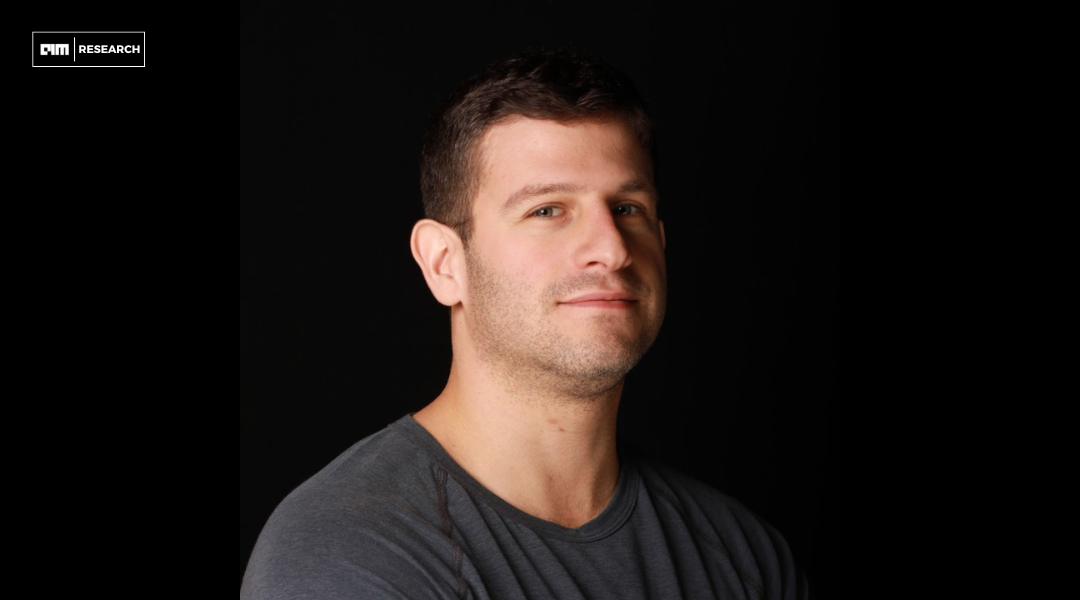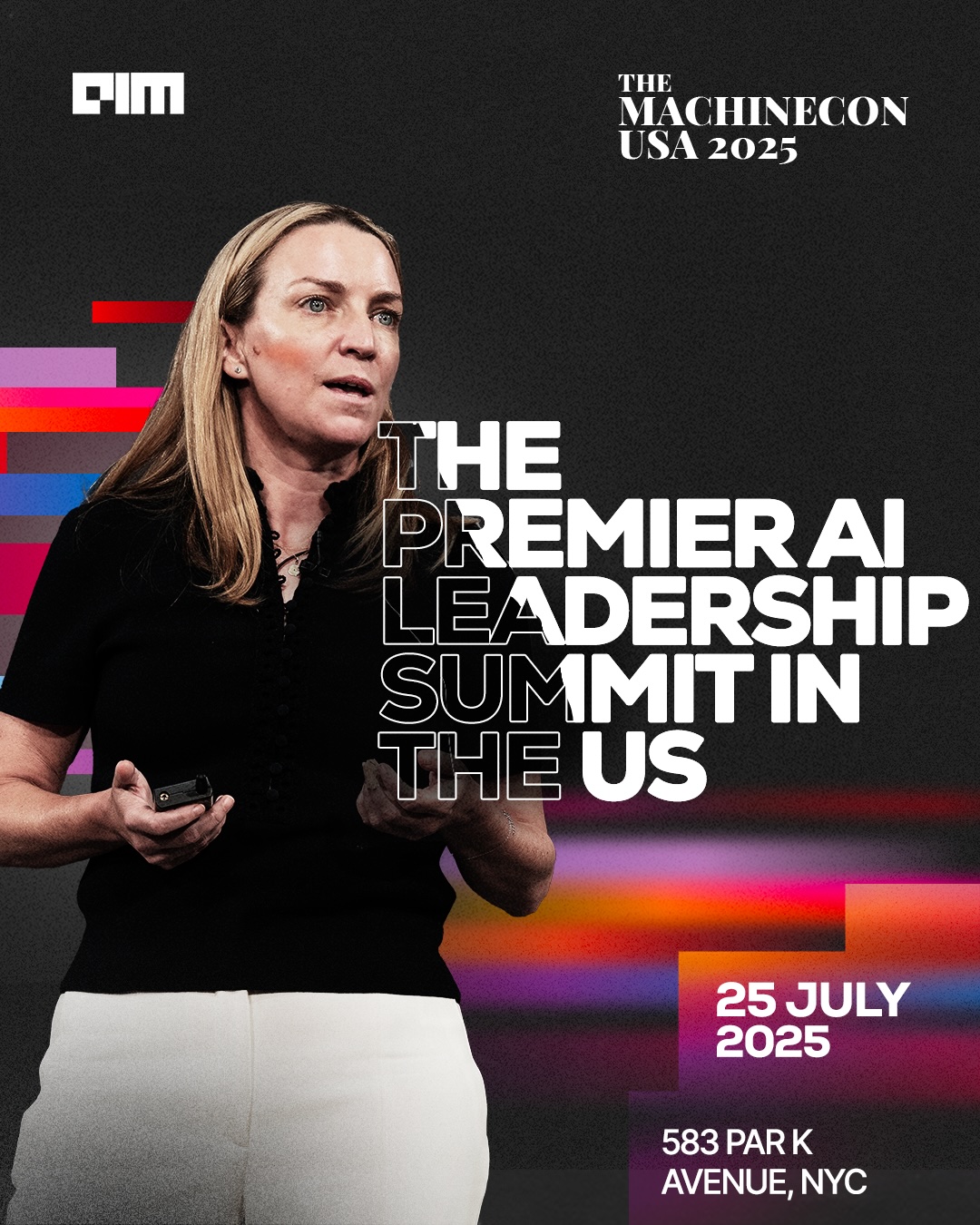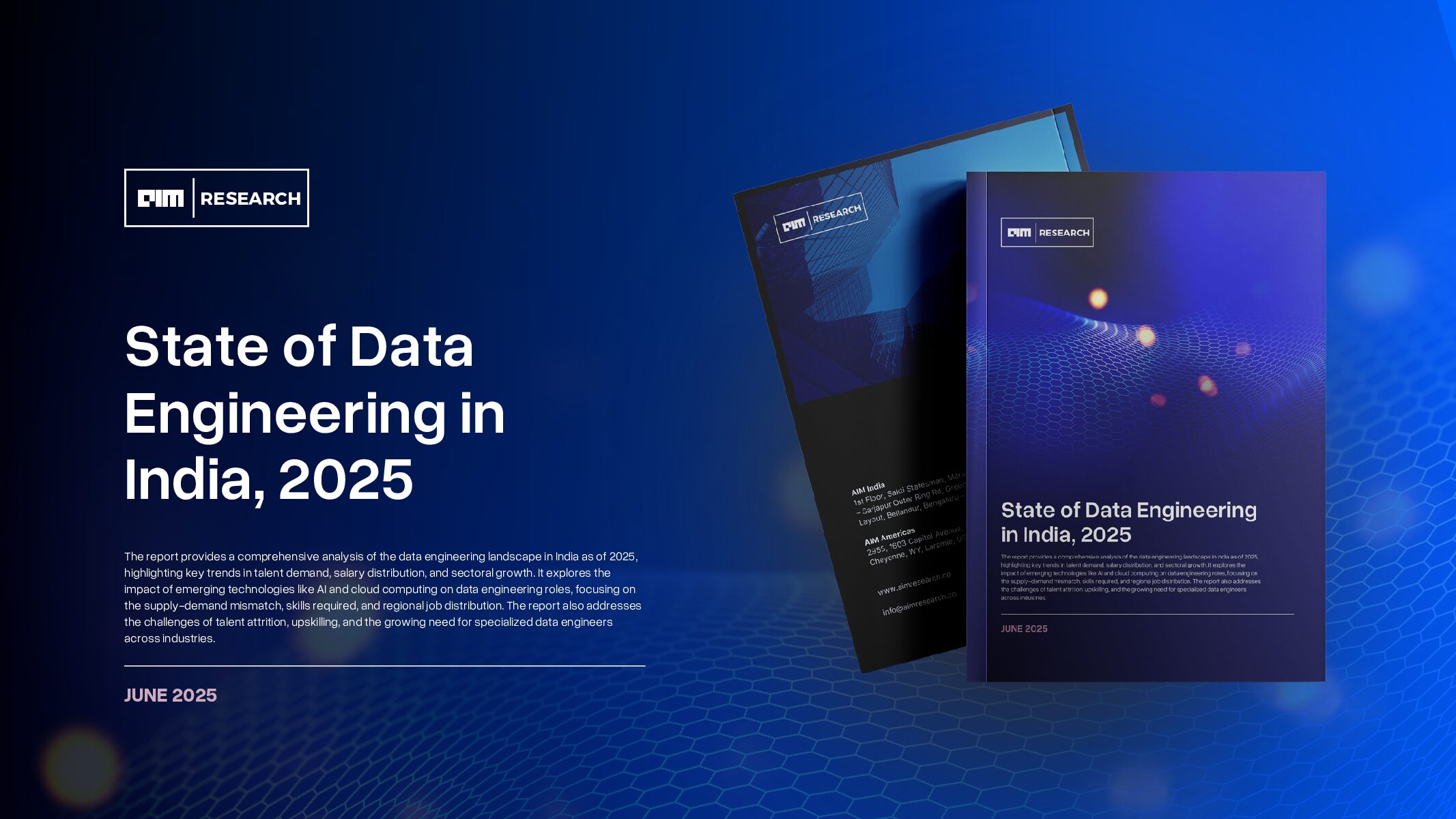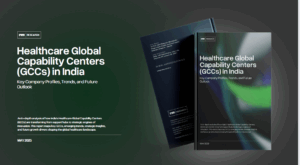Dr. Shiv Rao discovered his passion in the high-pressure world of intensive care units, where life-or-death choices are made in a matter of seconds. As a resident working long nights in the ICU, Rao discovered a special talent to flourish under duress. “I loved the intensity, the acuity of those situations,” he says. “It’s where I felt most alive.” This fondness for high-stakes situations eventually led him to cardiology, a field that combines the urgency of life-saving interventions with the deep connections that are formed during patient care.
Years later, Rao is using the same enthusiasm to address one of healthcare’s most chronic issues: the burden of clinical paperwork. Rao is the founder and CEO of Abridge, a healthcare AI company, which has just raised $250 million in a Series D fundraising round led by Internet entrepreneur Elad Gil and venture capital firm IVP.
Rao’s journey to founding Abridge was shaped by his dual roles as a cardiologist and a problem-solver. Even as he built his career in medicine, he couldn’t ignore the inefficiencies that plagued the system. One of the most glaring issues was the time-consuming process of clinical documentation. “Every evening, I’d spend hours dictating notes about the patients I’d seen that day,” Rao explains. “It was exhausting, and it took away from the time I could spend with my family or simply recharging.”
This personal pain point became the seed for Abridge. Founded in 2018, the company set out to create a generative AI platform that could transform medical conversations into clinically useful and billable documentation at the point of care. Today, Abridge’s technology is used across more than 100 U.S. health systems, including giants like Kaiser Permanente, Duke Health, and Mayo Clinic. The platform has already summarized over 6.3 million patient visits, earning praise from clinicians who describe it as a game-changer.
“It saved my marriage,” one doctor quipped. Another said, “You’d have to take it away from my cold, dying hands.”
The AI That Bridges the Gap
At its core, Abridge is about more than just transcription. The company’s AI platform integrates with electronic health records (EHRs) and covers 28 languages, making it accessible across diverse healthcare settings. Its newly introduced Contextual Reasoning Engine takes this a step further by incorporating data from past patient encounters, health system-specific revenue cycle guidelines, and clinician preferences to produce more comprehensive and personalized notes. Abridge, recently named Best in KLAS for the Ambient AI segment, is revolutionizing healthcare documentation by addressing a critical bottleneck—improving the accuracy and efficiency of clinical notes.
The Contextual Reasoning Engine enables several key advancements:
- Contextual awareness beyond the conversation: Integrating data from retrospective patient encounters, health system-specific revenue cycle guidelines, and clinician documentation preferences to create more comprehensive, personalized notes.
- Precise problem detection: Intelligently recognizing and grouping medical problems, describing them with language that aligns with appropriate billing codes to simplify downstream revenue cycle workflows (integration with Epic’s Diagnosis Awareness Notes under active development as part of Epic’s Workshop program).
- Actionable outputs: Capturing medical orders and integrating them into the electronic health record, ready for clinician review (integration with Epic under active development as part of Epic’s Workshop program).
- Auditable notes: Tying AI-generated outputs to source information across all input data—powered by Linked Evidence.
“Our health system is remarkable for its scientific and clinical achievements, but also overwhelmed and demoralized by bureaucratic processes, unproductive steps, and tedious labor,” said Somesh Dash, General Partner at IVP. “AI can be transformative by abstracting away the complexity and rules around revenue cycle as it pertains to documentation, allowing clinicians to focus on their patients while getting their documentation right the first time. Abridge is pioneering this effort with leading health systems across the country.”
“The Abridge Contextual Reasoning Engine helps us concentrate more value into our core documentation offering, integrating system and revenue cycle requirements into a sophisticated and orchestrated system of AI models,” said Dr. Shiv Rao, Abridge CEO and Founder. “We aspire to serve our health system partners for the decades to come. This investment supports that aspiration, as well as the core research and development that differentiates our approach.”
A Multidisciplinary Team
Rao’s success with Abridge can be attributed in part to the eclectic team he has assembled. Julia Chou, the company’s COO, left a career at Google to attend cooking school and eventually found her way to Abridge. Zack Lipton, the CTO, is a machine learning professor who once pursued a life as a professional jazz saxophonist. Together, they bring a unique blend of creativity and technical expertise to the table.
“You can have a narrow lens on what it means to be an artist,” Lipton reflects. “But I think there’s another lens—that to be an artist is to be someone with a voice, someone with commitments about creativity and agency.”
This shared ethos has kept the team grounded through the ups and downs of building a startup. In the early days, Rao and his colleagues joked about being “hope camels,” surviving on tiny drops of optimism to get through the desert of uncertainty. “Anytime we had a win, we’d publicize it, trumpet it, make sure everybody in the company got that little slice of hope,” Rao says.
The Pittsburgh Connection
Abridge’s roots in Pittsburgh are more than just a geographical detail; they’re a core part of the company’s identity. Known as the City of Bridges, Pittsburgh serves as a fitting metaphor for Abridge’s mission: to connect the dots between AI and healthcare. Rao has remained steadfast in his commitment to the city, even as the company has expanded across the country.
“It’s a contrarian move,” admits Andy Weissman, managing partner at Union Square Ventures and an early Abridge investor. “But maybe this weird Pittsburgh-steel mill town-Andy Warhol-thing would enable you to build the most beautiful consumer app for medicine. It’s an absurd proposition, but maybe it could come to that.”
As Abridge continues to grow, Rao remains deeply connected to his roots as a clinician. He still practices cardiology one weekend a month and is on-call every Thursday, a commitment that keeps him grounded in the realities of healthcare.
“It’s one thing to theorize about the Hippocratic Oath, about serving patients and providers,” says Dash. “It’s another to be a provider who sees the healthcare system from every side and through every dimension. There’s nothing more present to me than walking the walk, and not just talking the talk.”
For Rao, the journey is far from over. “We’re in a moment where healthcare needs to evolve,” he says. “And that means evolution is equally necessary for the people and ideas in it.” With Abridge, he’s creating a bridge to a future where clinicians can focus on what they do best: caring for their patients.























